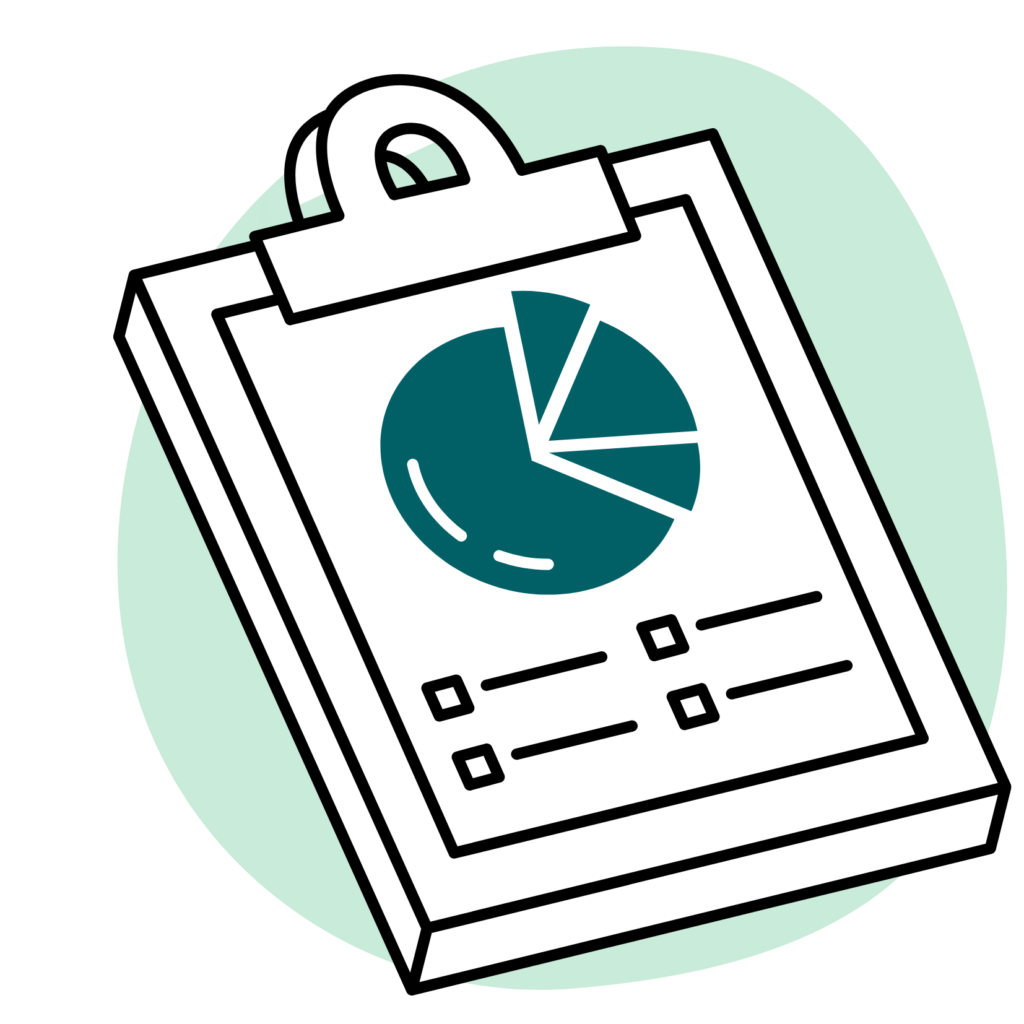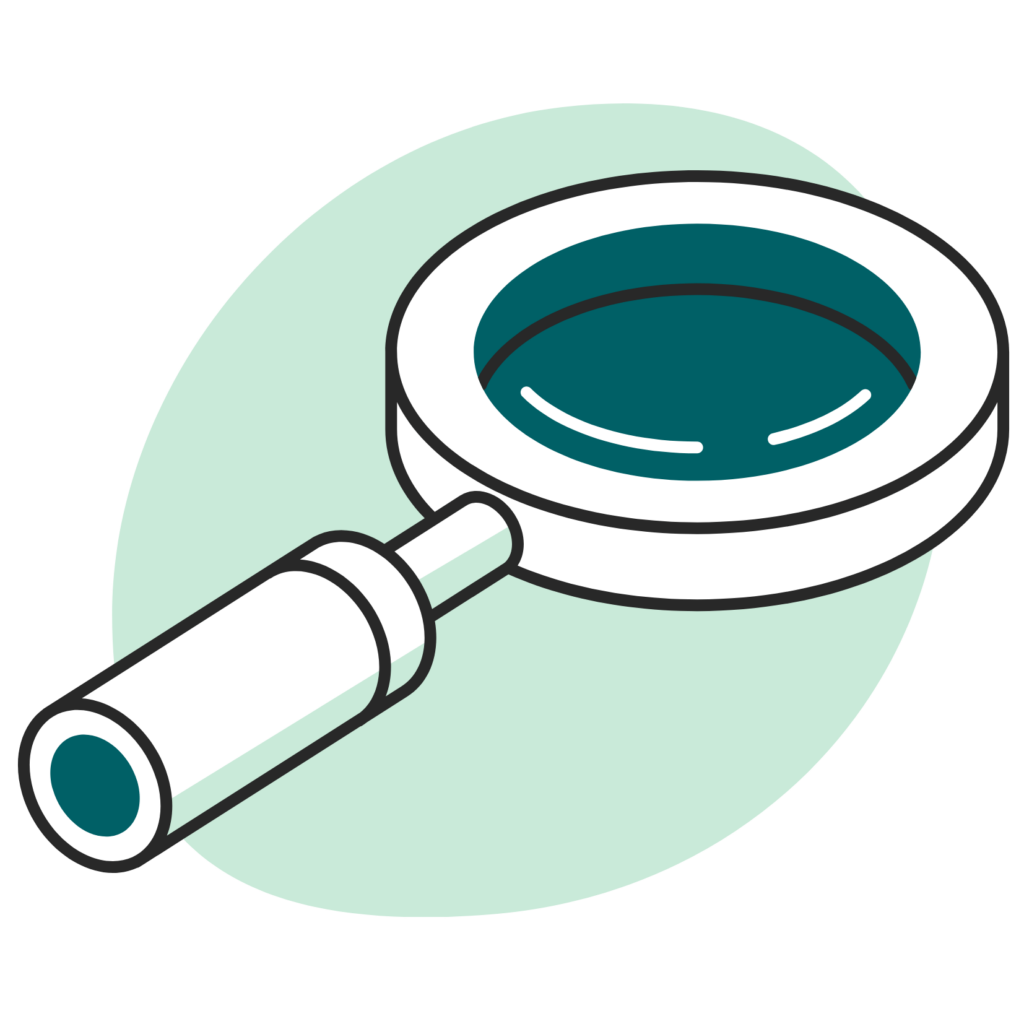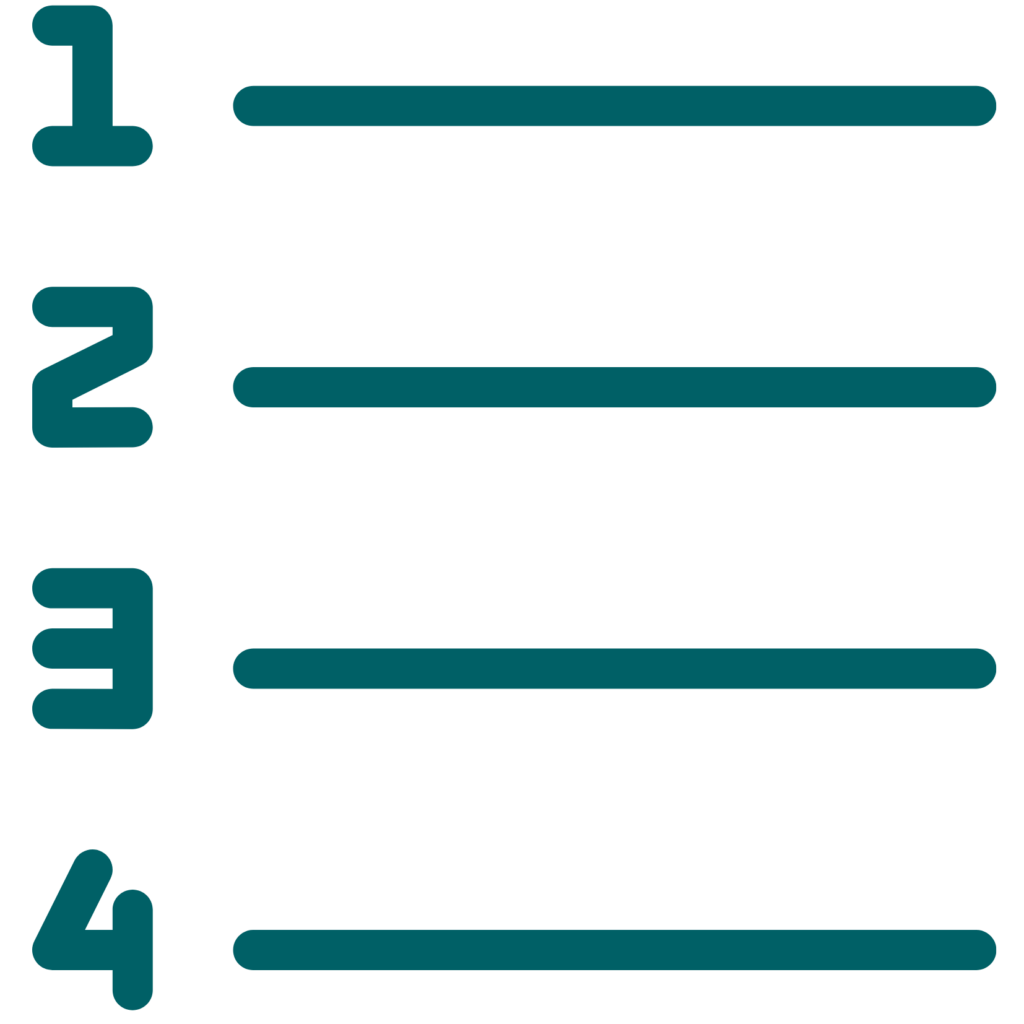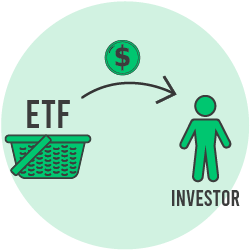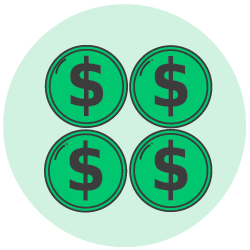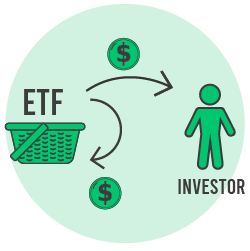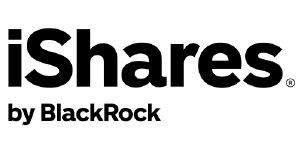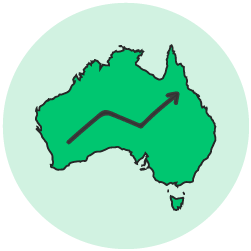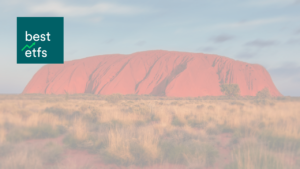iShares Core S&P/ASX 200 ETF (ASX:IOZ)
The iShares IOZ ETF provides exposure to the largest 200 Australian shares, based on market capitalisation. This is a low-cost way to access top Australian companies through a single fund.
IOZ ETF review
IOZ share price and fees
IOZ fees
Analyst report
The iShares Core S&P/ASX 200 ETF (ASX: IOZ) is one of the largest ETFs with more than $3.3 billion of net assets as of 31 October 2022. However, it’s not quite as large as the main ASX-focused offering from Vanguard, the Vanguard Australian Shares Index ETF (ASX: VAS).


IOZ: solid option, though not the cheapest
IOZ has one of the lowest annual management fees out of all the ETFs on the ASX. IOZ has a yearly management cost of just 0.09%. So with a $10,000 investment, the annual cost is just $9 of management fees. That’s exceptionally low.
Remember, the fee doesn’t come out of your bank account. The ETF provider, in this case Blackrock/iShares, takes a small cut out of the fund’s value automatically.
However, IOZ isn’t the lowest-cost ETF that tracks blue-chip ASX shares. The BetaShares Australia 200 ETF (ASX: A200) has a management fee of just 0.07% — the share holdings and position sizing of IOZ and A200 are almost identical.
A200 and IOZ have such similar expense ratios that the choice between the two is basically down to personal preference.
Which index does the IOZ ETF track?
The IOZ ETF is built to track the S&P/ASX 200 Index (ASX: XJO) – 200 of the biggest businesses listed on the ASX.
This is a very similar index (but not the same) that Vanguard Australian Shares Index ETF (ASX: VAS) follows, VAS tracks the S&P/ASX 300 Index (ASX: XKO).
Both VAS and IOZ are invested in the 200 biggest businesses, but VAS also has a very small position in the next 100 largest businesses as well.
If you’re looking for more exposure to the ASX blue chips then the IOZ could be the better choice over VAS.
Alternatives to the IOZ ETF
These are some of the main alternatives to IOZ:
Vanguard Australian Shares Index ETF (ASX: VAS) – This is the most popular ASX ETF in terms of how much money investors have allocated to the ETF. VAS has more invested in it than IOZ, and any of the other alternatives mentioned below. VAS typically experiences a little more volatility than the A200 and IOZ because it’s invested in the top 300, not 200. The extra 100 holdings are smaller ASX companies and usually move up and down more (i.e. ‘more volatility’). VAS ETF currently has an annual management fee of 0.10%, though this may reduce in time.
BetaShares Australia 200 ETF (ASX: A200) – The A200 is the lowest-cost ASX-focused ETF (at the moment) with an annual fee of just 0.07%. It has very similar holdings to IOZ, with similar position weightings.
SPDR S&P/ASX 200 ETF (ASX: STW) – This ETF essentially has the same portfolio as A200 and IOZ. It’s one of the oldest-running ETFs as well. However, it has an annual fee of 0.13%. In the grand scheme of things, it’s not much more expensive than IOZ, VAS and A200. But, STW is almost twice as costly as the A200.
Vanguard Australian Shares High Yield ETF (ASX: VHY) – This ETF, as indicated by the name, is invested in large ASX shares that are expected to pay a relatively high dividend yield. VHY usually has a portfolio of between 65 to 80 businesses. It’s more concentrated in its positions than IOZ, has a higher projected dividend yield and has a higher management fee of 0.25% per year.
Can IOZ be a core ETF?
The IOZ ETF seems like one of the most cost-effective ways to invest in many of the biggest businesses in Australia. With an annual fee of just 0.09%, IOZ costs almost nothing to be invested in this option for the long-term.
However, the ETF doesn’t offer much exposure to smaller businesses in Australia, which is where investors may find some of the best ideas for growth. So, it may work best with other investments that give more global and/or smaller ASX share exposure.
In summary, the IOZ ETF offers a number of the things that investors can like – diversification, low fees, dividends and franking credits.
However, keep in mind that the IOZ ETF has very similar holdings to VAS, STW, A200 and VHY, so there could be unnecessary overlap if an investor holds more than one of these investments.
IOZ largest positions (November 2022)
- BHP Group Ltd
- Commonwealth Bank of Australia
- CSL Ltd
- National Australia Bank Ltd
- Westpac Banking Corp
- Australia and New Zealand Banking Group
- Woodside Energy Group Ltd
- Macquarie Group Ltd
- Wesfarmers Ltd
- Telstra Group Ltd
IOZ dividend yield
The IOZ ETF structure acts as a conduit to ‘pass on’ dividends and franking credits from the share holdings to the investor of the ETF. The dividends from those businesses effectively decide the dividend yield of the ETF itself.
Given the diversified nature and long-term preference for Australian companies to pay generous dividends, investors could expect a sustainable dividend yield of between 3% and 5%, plus some franking credits. However, please remember that in Australia ETFs are required to pay back ‘capital gains’ as well as income when a distribution is paid to investors — meaning, the cash you receive in an IOZ distribution might not be the true sustainable yield on the portfolio of shares.
Risks
The risk level of the IOZ ETF is at a similar level to other ASX-focused ETFs, such as A200. Compared to bonds, however, the IOZ ETF would likely be much more volatile (which is seen as riskier) over the long run.
For some investors, it may be worth noting that IOZ is significantly weighted to businesses that do business in Australia, with an outsized allocation to banks and resources – two things that Australia is known for. Investors may want to diversify with an investment option, or options, that provide exposure to the international share market.
However, the IOZ ETF may be a little less risky than industry-specific or thematic ETFs like CLDD, ESPO or ERTH.
To view the full range of ETFs available on the ASX, click here. Or to join us inside Rask Core 🌏 and get all of our premium ASX research and model portfolios, click here.
Fee comparison
What does the IOZ ASX ETF invest in?
The iShares IOZ ETF invests in Australian shares, which offer growth and income potential. You could buy all of these companies yourself using a share brokerage account, but that would be a very expensive and time-consuming process. ETFs are an effective way to invest in an entire sector through a single trade.
What do investors use the IOZ ETF for?
The IOZ ETF could be used by investors to get exposure to a broad basket of Australia’s largest public companies. These Australian companies are likely to grow their profits over time and have a track record of paying regular tax-effective dividends for their shareholders.
How to buy the IOZ ETF
A portfolio FULL of our best ETF ideas
Click the button to discover how you can create one account and get an automated professionally managed ETF portfolio.
IOZ investor starter pack
IOZ literature
IOZ holdings
ASX: IOZ’s dividend 2021
When does IOZ pay a dividend?
IOZ dividend reinvestment plan (DRP)
Warnings we apply to the IOZ ETF
IOZ tax domicile
IOZ ETF registry
Fund issuer
Australian shares sector data
How IOZ compares:
Latest ETF News
*The warnings on this page are applied by our ETF research team. Please know that these warnings are based on quantitative metrics and our internal methodology. These risks are not exhaustive and therefore they should not be relied upon. Always read the PDS of the function and speak to your financial adviser before acting on this information.
The Best ETF in Australia?
We’ve found the ONE ETF that could rule them all…
Right now, there are 200+ ETFs on the ASX. Then there are index funds. Hundreds of managed funds. LICs. REITs. And everything in between. Wouldn’t it be nice to make ONE investment and build the strong Core of your portfolio — with just one click?
Rask’s lead ETF research analyst and investing team have identified our #1 ETF for 2021 and beyond. Our analyst team has put together a full research report and a step-by-step investment guide to buying this ETF.
Best of all: The report is totally free and will be sent via email.

Unsubscribe anytime. Read our Terms, Financial Services Guide, Privacy Policy. We’ll never sell your email address. Our company is Australian-owned.
